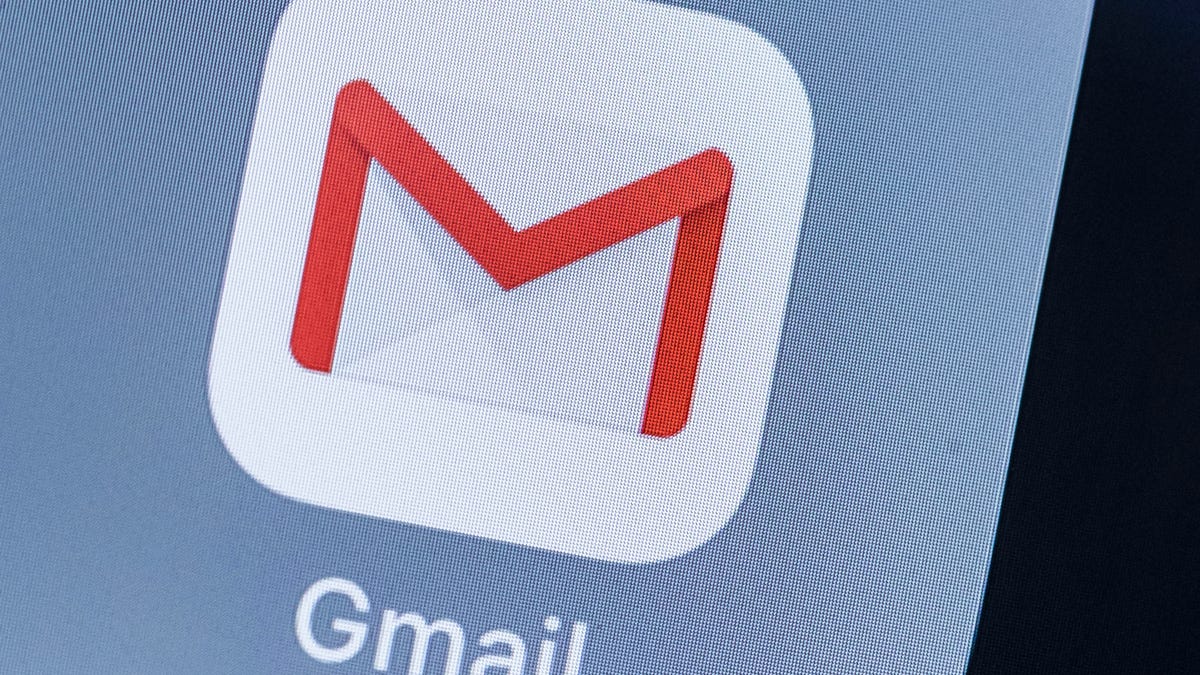10 percent of all Gmails are written by Google robots
The Smart Reply feature is apparently catching on.

Gmail's Smart Reply feature, which uses machine learning to automatically compose responses to emails, can be helpful or creepy, depending on whom you ask. The feature suggests responses at the bottom of emails, such as "OK, sounds good" or "Thanks" to spare users a few seconds of typing.
It turns out Smart Reply is catching on. It's responsible for 10 percent of all responses on Gmail, The Wall Street Journal reported earlier on Thursday. Google confirmed the figure to CNET. Gmail has more than 1 billion monthly active users.
Smart Reply first became available on the Inbox app in 2015 before rolling out to Gmail for Android and iOS in 2017. It drove 12 percent of all replies in the Inbox app in 2017, but that app doesn't have the same massive following as the Gmail app. Google also said last week that it'll discontinue Inbox in March 2019.
Smart Reply has been getting positive feedback, Ajit Varma, Google's director of product management, told the Journal. Still, mobile-app users have the ability to opt out of the feature. Desktop users will also be able to opt out in the coming weeks.
First published Sept. 20, 1 p.m. PT.
Update, 1:40 p.m.: Adds confirmation from Google.

